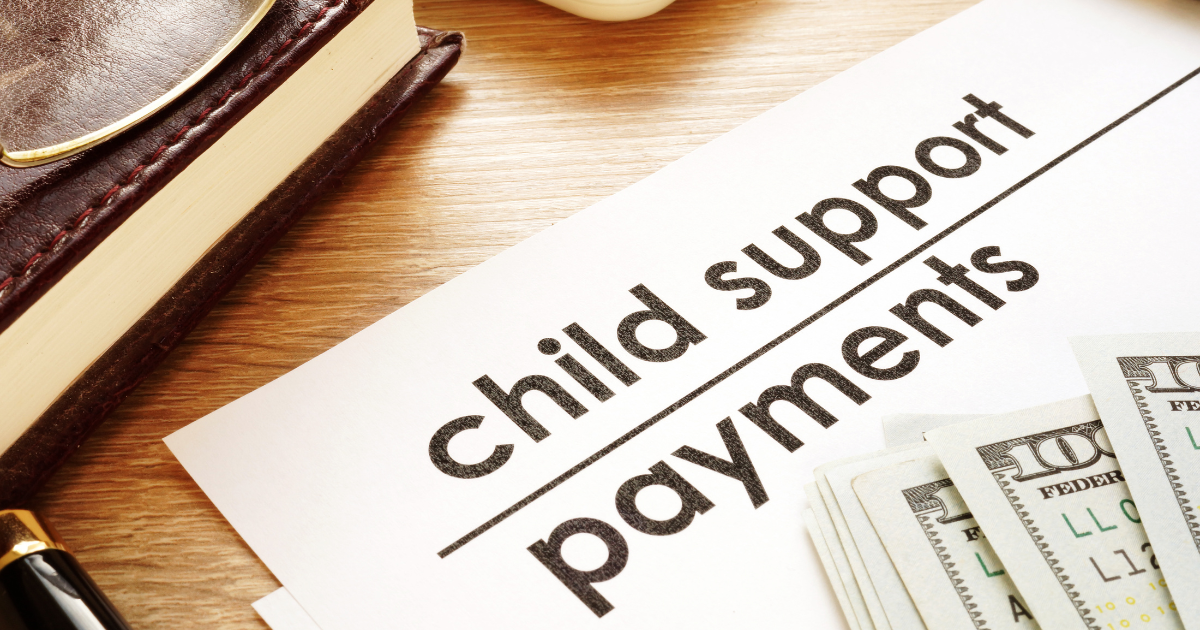Middlesex County Domestic Violence Lawyer
Divorce is often complicated, but when domestic violence is involved, the process can become even more challenging. New Jersey courts take domestic violence seriously, especially when it comes to matters like child custody, alimony or spousal support, and property division.
What Constitutes Domestic Violence in New Jersey?
In New Jersey, domestic violence refers to a pattern of abusive behavior in a domestic setting, typically between spouses, partners, or family members. The Prevention of Domestic Violence Act (PDVA) protects survivors of abuse, which can include physical, emotional, psychological, or financial harm. Specific actions, such as assault, harassment, stalking, and threats, are recognized as forms of domestic violence under New Jersey law. The PDVA allows victims to obtain restraining orders and pursue other legal protections.
The presence of domestic violence can significantly affect various aspects of a divorce, making it crucial for survivors to understand their legal rights and how to protect themselves and their children during the proceedings.
How Does Domestic Violence Impact Child Custody?
When domestic violence is a factor, the court’s primary concern is the safety and well-being of the children. New Jersey courts prioritize the child’s best interests when determining custody arrangements. If one spouse has a history of domestic violence, the court may award sole custody to the non-abusive parent or severely limit the abusive parent’s access to the child.
In some cases, the court may order supervised visitation to ensure the safety of the children. The abusive parent’s actions are scrutinized, and the court will assess whether they pose a threat to the child’s physical or emotional health. Additionally, a restraining order may include provisions that prevent the abusive parent from having contact with the children or the other spouse altogether.
Can Domestic Violence Affect Alimony?
Yes, domestic violence can affect alimony, also known as spousal support. In New Jersey, alimony is intended to help the lower-earning spouse maintain a similar standard of living after divorce. When domestic violence is present, the court may take the abusive spouse’s behavior into account when determining whether alimony should be awarded and how much.
In some cases, if the abusive spouse is the one seeking alimony, the court may reduce or deny their request due to their abusive behavior. Conversely, a victim of domestic violence may be more likely to receive alimony, particularly if the abuse has hindered their ability to work or contribute financially to the household. The emotional toll of domestic violence can also be a factor in alimony decisions, as the victim may require financial support for longer periods to recover and rebuild their life.
Can Domestic Violence Influence Property Division?
Property division in New Jersey is based on equitable distribution, meaning marital assets are divided fairly but not necessarily equally. Domestic violence can play a role in how property is divided, especially if the abuse has financial consequences.
Additionally, the court may consider whether the abusive spouse tried to hide or deplete marital assets to prevent the other spouse from receiving their fair share. A domestic violence lawyer in Middlesex County can help victims understand how domestic violence might impact the division of assets and what steps to take to protect their financial interests.
How Can a Restraining Order Affect Divorce Proceedings?
A restraining order can have a significant impact on divorce proceedings, especially if domestic violence is a factor. In New Jersey, a restraining order can be either Temporary (TRO) or Final (FRO), and it serves to protect the victim from further harm by legally prohibiting the abusive spouse from contacting or coming near them.
When a restraining order is in place, it can affect various aspects of the divorce, including custody, visitation, and even the ability to negotiate settlements. The abusive spouse may be prohibited from entering the marital home, which can affect property division. Additionally, the restraining order can restrict the abusive spouse from having contact with the children or from participating in certain activities related to the divorce process, such as mediation. A restraining order can also provide the victim with a sense of security, allowing them to proceed with the divorce without fear of retaliation or further abuse.
Does Domestic Violence Affect Mediation?
Mediation is often used as a tool to resolve disputes during a divorce, but when domestic violence is involved, mediation may not be appropriate. In cases where there is a significant power imbalance or a history of abuse, mediation can place the victim at a disadvantage, as they may feel pressured to agree to terms that are not in their best interest.
New Jersey courts recognize the challenges that domestic violence victims face in mediation and may waive mediation requirements in these cases. Instead, the court may handle all aspects of the divorce, ensuring that the victim’s rights are protected and that the abusive spouse does not have undue influence over the outcome.
If mediation is deemed appropriate, the court may take special precautions to ensure the victim’s safety and comfort, such as having attorneys present or conducting mediation sessions separately for each party.
What Steps Should You Take if Domestic Violence Is a Factor in Your Divorce?
If domestic violence is a factor in your divorce, it is essential to take steps to protect yourself and your children immediately. The first step is often to obtain a restraining order to ensure your safety. You should also gather evidence of the abuse, including police reports, medical records, and any other documentation that shows the history of violence.
Next, consult a divorce lawyer who can guide you through the legal process and help you understand your rights. They will work with you to develop a strategy for your divorce that prioritizes your safety and well-being, whether that involves seeking sole custody, negotiating alimony, or ensuring that you receive your fair share of marital assets.
Throughout the process, it is crucial to have legal support to navigate the complexities of a divorce involving domestic violence. By taking the right steps, you can move forward with confidence and secure a safer future for yourself and your family.
Megha R. Thakkar is a skilled and compassionate family law attorney with extensive experience handling divorce cases involving domestic violence. As the founder of Thakkar Family Law, Megha is committed to protecting the rights and well-being of clients facing the emotional and legal complexities of a divorce involving domestic violence. With a deep understanding of these situations’ legal challenges, Megha provides personalized and strategic legal counsel to ensure that victims receive the protection and justice they deserve.



